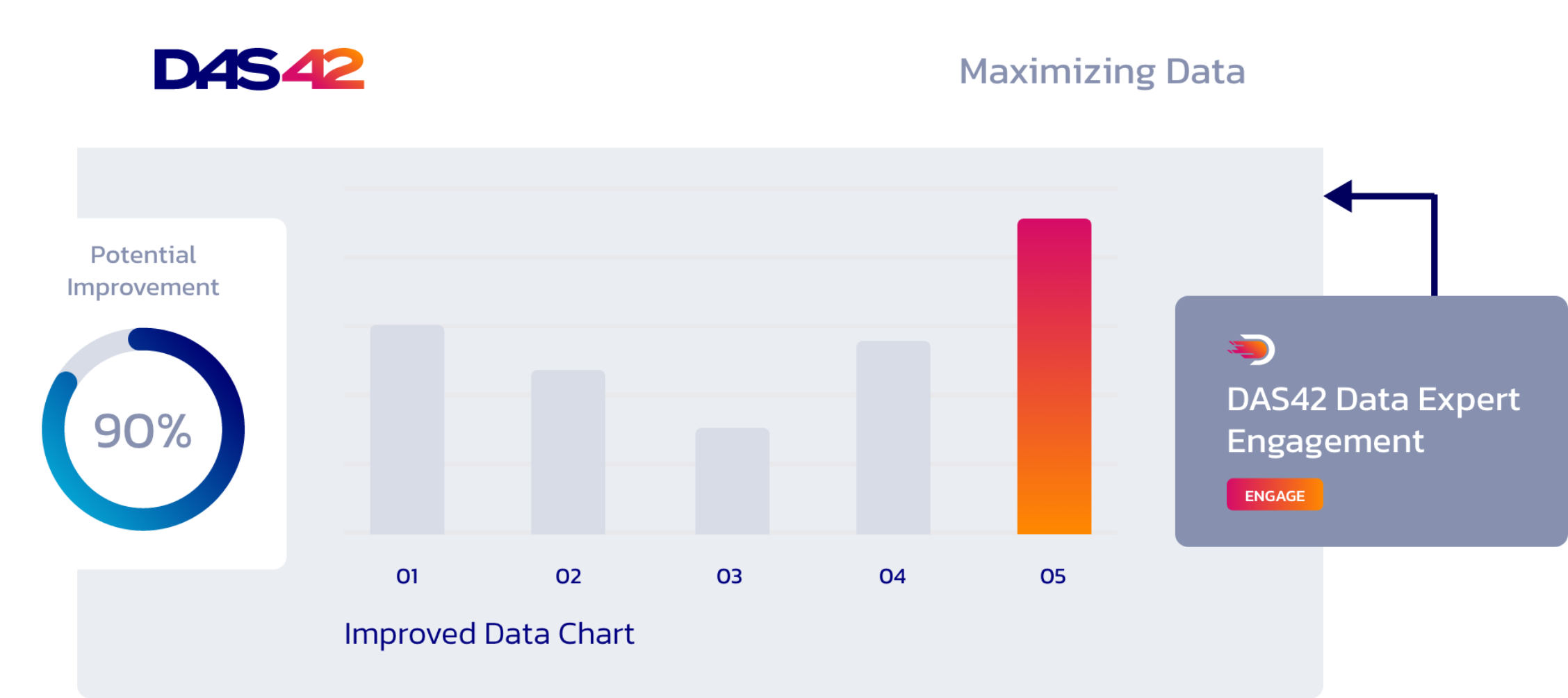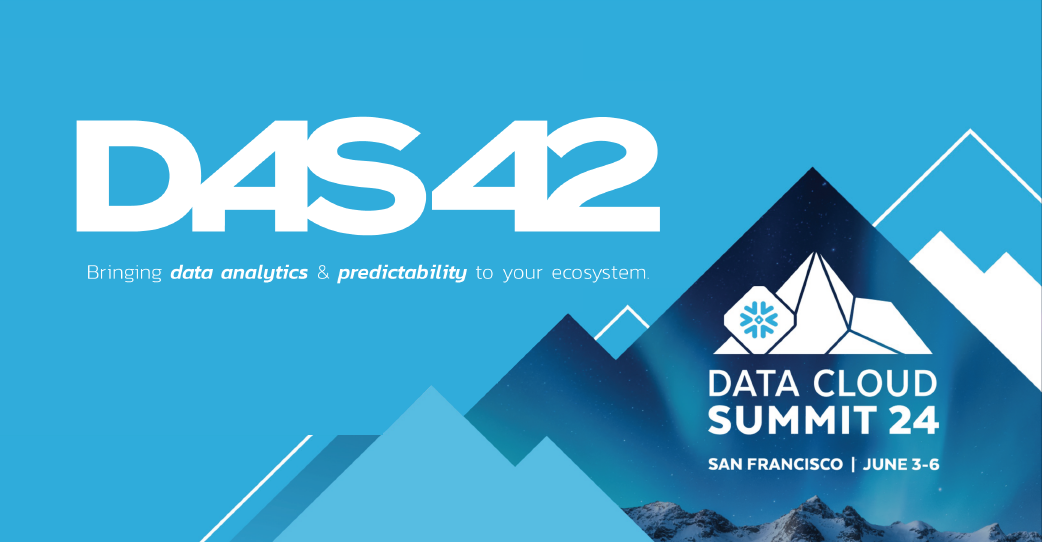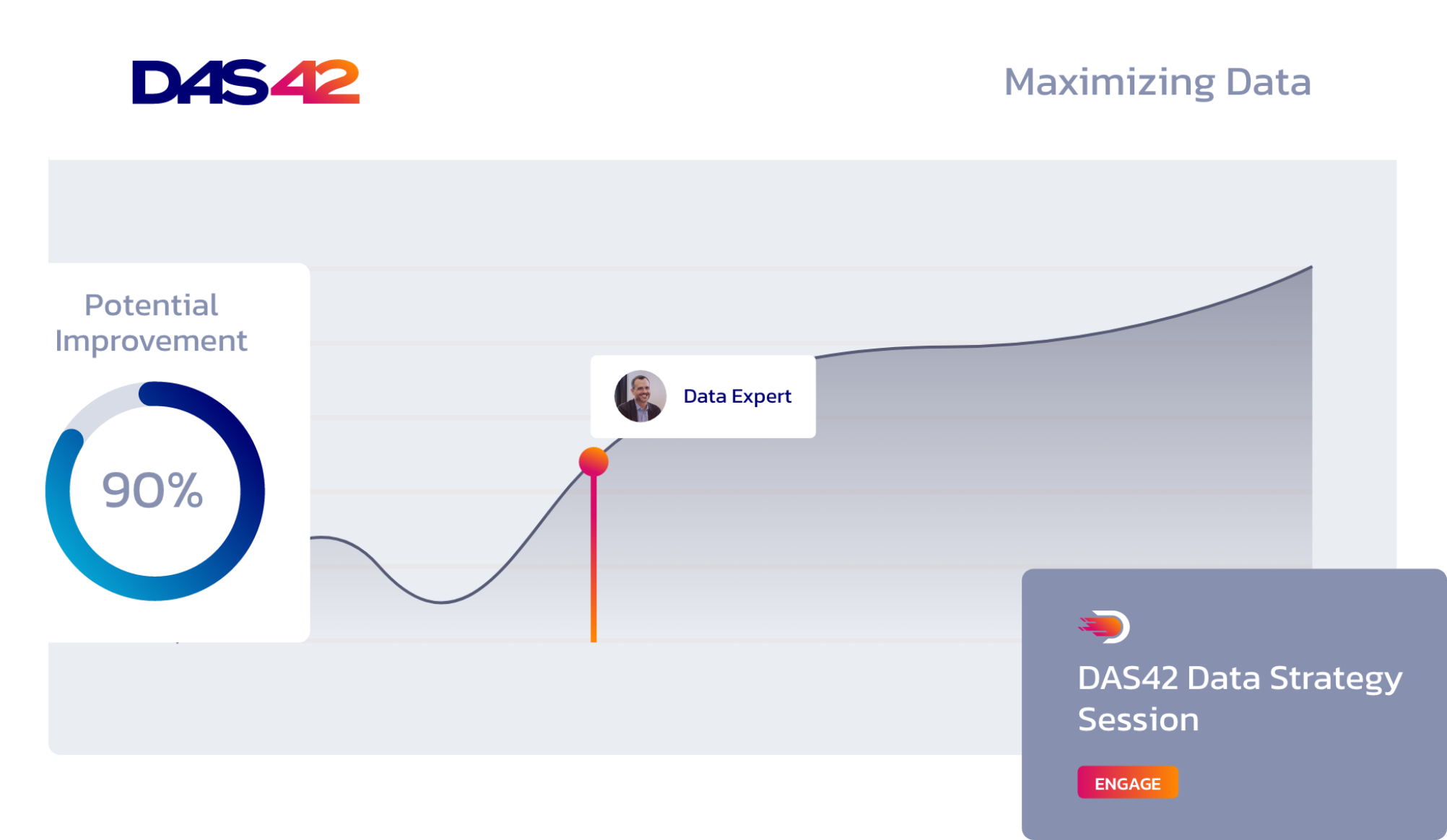To be successful, companies undergoing a digital transformation must take a comprehensive look at the way their business operates.
Technology has opened up new challenges across a fast-moving, competitive market, and every organization must adapt to keep up. But as companies evolve to stay competitive in the future, you can’t afford to leave your data in the past.
Even if your business has maintained an effective data practice, digital transformation will completely alter its foundation. With the advent of new digital platforms, vital information that may have once been readily accessible from a single source grows increasingly fragmented. From a technical and organizational perspective, your standard approaches to analytics simply no longer apply.
For sustainable digital transformation, your data management and analytics efforts must be considered right from the start. Advances in cloud-based storage have introduced possibilities in data governance and analytics that are critical to your success. A modern cloud-first data strategy doesn’t just allow your analytics team to function at a high level. It provides an essential window into the success of digital initiatives in marketing, sales, customer service, and operations.
Your modernization strategy must encompass the full breadth of your business, including its vital information. Otherwise, you’re effectively flying blind.
A modern analytics approach draws a complete picture of your business
One of the core challenges of a digital transformation is its far-reaching impact. As companies modernize their business processes, new data silos are created in the implementation of new SaaS and cloud-based tools. New websites, apps, and marketing platforms further fragment you data. As a result, your data and analytics processes shift in ways your team could not have imagined.
Consider companies that have shifted their emphasis from brick-and-mortar retail into e-commerce. In an effort to drive traffic to their storefront and attract new customers, modern digital marketing introduces new analytical challenges. If your organization advertises on social media platforms like Facebook or LinkedIn, that’s two new data sources to monitor along with your own site metrics.
Without centralized, cloud-based analytics technology, you can’t translate these silos into an holistic view of your business. Without a centralized data source, your analytics team will default to compiling information from spreadsheets, because that’s what worked in the past. But digital transformation introduces a voluminous amount of data across new sources, and your old data program simply can’t keep up.
As a result, companies that overlook their data find it difficult to evaluate their return on investment from new, modernized approaches toward digital marketing – or anywhere else. Plus, without the new insights made possible at every level of your organization, your business is missing new opportunities for growth. Meanwhile, your competitors are learning more about their business through actionable insights from supply issues, customer habits, and promotional campaigns.
Effective data analytics is a force multiplier. By allowing you to better understand and evaluate how well your business functions, your organization is more dynamic and able to address challenges as they arise. That way, you build upon the investment a digital transformation first required.
Digital transformations require a clear roadmap to succeed
An effective modernization effort demands a holistic view of your business needs across every department. Sales, marketing, operations, and customer service all stand to generate and monitor new data silos. Without an effective roadmap in place, these details can be easily forgotten.
Your 8-step digital transformation roadmap
From choosing the technology that suits your needs to considering your data sources, this eight-step roadmap to a successful digital transformation will keep your data on track.
Organizations planning for digital transformation need to establish a vision for their data needs at an early stage. The information generated by your business isn’t just expanding, it’s also changing with metrics targeting clicks, visits, and digital marketing initiatives. With the assistance of the right data partner, you can generate a picture of where your data resides and the best approach for your needs.
From there, choosing the right cloud storage provider along with the business intelligence tools will allow your organization to manage the raw data at its disposal. With your data stack planned, you have a foundation for a transition toward migrating the information at the heart of your business to a single accessible source for efficient, self-service insights.
But choosing the right technology is not enough. For sustained success, your business has to look internally for further changes as well.
A digital transformation demands a cultural shift
With the right customization, the latest cloud-based analytics technologies will generate the timely picture of your business operations you need. But digital transformation requires a mindset that looks beyond a simple “lift and shift” of familiar strategies. And that applies to your internal culture as well.
In order for self-service insights to take root, your organization needs data governance and quality programs to provide a foundation for a data-driven culture. But the stakeholders within your organization must undergo training and enablement to allow that culture to take root. Every department should understand where your data lives, what each definition means, and how to generate reports. That way, your digital transformation will be as comprehensive as a fast-moving business climate demands.
A holistic approach to digital transformation delivers far-reaching results
Undergoing digital transformation is daunting for any organization. To stay competitive, companies must take a holistic approach to reinvent not just their existing processes but accommodate new data sources as well. Though initiatives such as redesigned websites or upgraded hosting technologies often occupy the forefront of such considerations, data analytics cannot be overlooked.
From allowing a more personalized and responsive customer experience to introducing data to support faster, more informed business decisions, modern analytics is crucial to the health of your business.
When properly implemented, an effective modernization program doesn’t just allow organizations the capability to fix what’s broken. It provides a means for a business to better evolve toward the future.
Services provided









